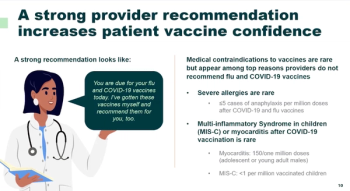
CDC leaders remind doctors they are the front line clinicians to get shots in arms for fall respiratory illness season.
Richard Payerchin is senior editor of Medical Economics.

CDC leaders remind doctors they are the front line clinicians to get shots in arms for fall respiratory illness season.
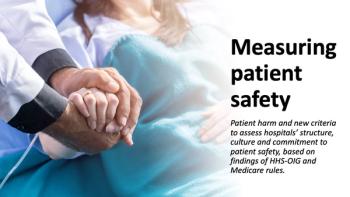
Watchdog group praises CMS rule with ‘groundbreaking’ measures of patient safety in hospitals.

The top news stories in medicine today.

Continuing survey shows decline, but researchers say trust is a complex thing.
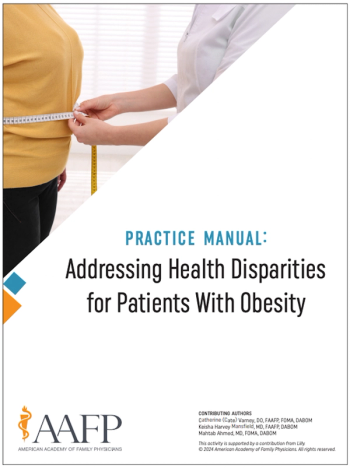
AAFP president weighs in on current issues in U.S. health care market.

The top news stories in medicine today.

Is the U.S. in early stages of recession? Reports cite economic indicator tied to jobless figures.

The top news stories in medicine today.

American Academy of Physician Associates says patients face health care shortages as American Medical Association suppresses modernization efforts.

AAFP president weighs in on current issues in U.S. health care market.

The top news stories in medicine today.

Teresa A. Hubka, DO, outlines her goals as leader of national organization.

The top news stories in medicine today.
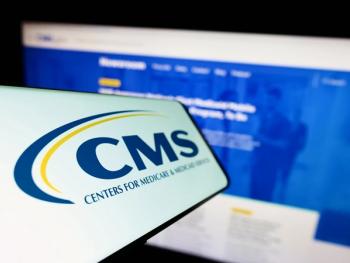
Doctors once again left behind as Medicare prepares to pay other health care entities more next year.

Novo Nordisk says it is working to make more; FDA warns against too much of a good thing.

The top news stories in medicine today.
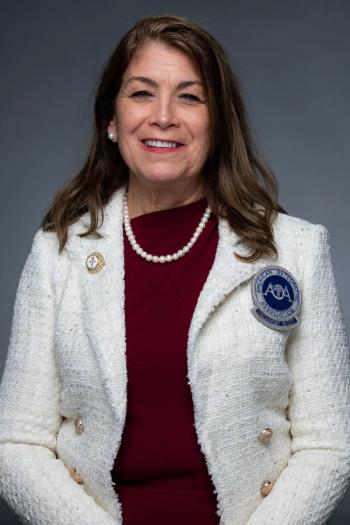
Getting to know Teresa A. Hubka, DO, new president of the American Osteopathic Association.

The top news stories in medicine today.

Open meeting to be held online Aug. 1; independent pharmacies, PBM trade group offer responses to federal reviews.

The top news stories in medicine today.

‘Chevron deference’ in legal interpretation falls in ruling expected to have far-reaching consequences across health care, other areas of governance.
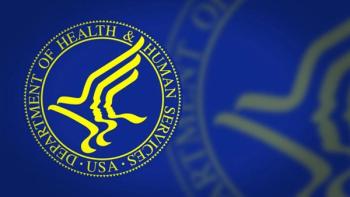
‘HHS must be agile, accountable, and strategic to meet the needs of this moment,’ Secretary Becerra says.

The top news stories in medicine today.

Pennsylvania ruling sides with Federal Trade Commission, but Texas case has ruled against ban set for Sept. 4.

The top news stories in medicine today.
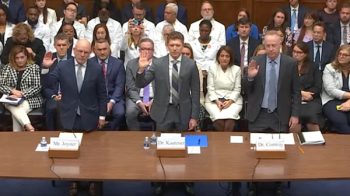
Three largest pharmacy benefit manager executives testify in House Oversight Committee.
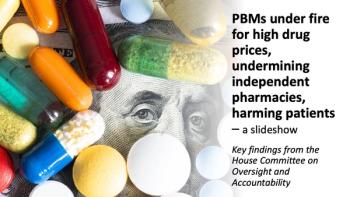
House Oversight Committee takes aim at pharmacy benefit managers.

The top news stories in medicine today.

ACO advocates outline steps for CMS to communicate and change rules regarding patient engagement.

The top news stories in medicine today.